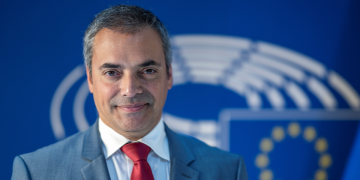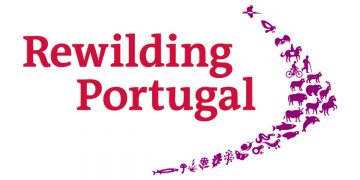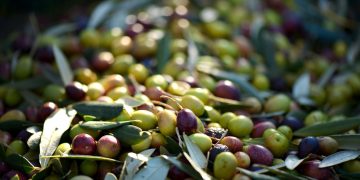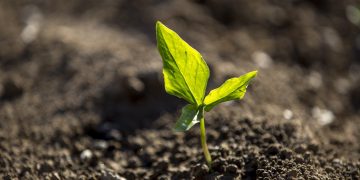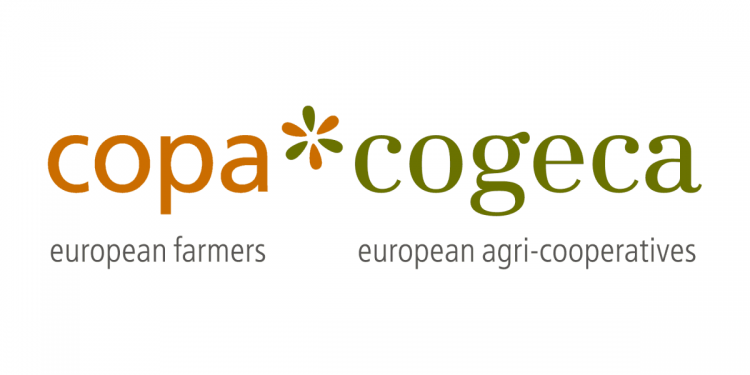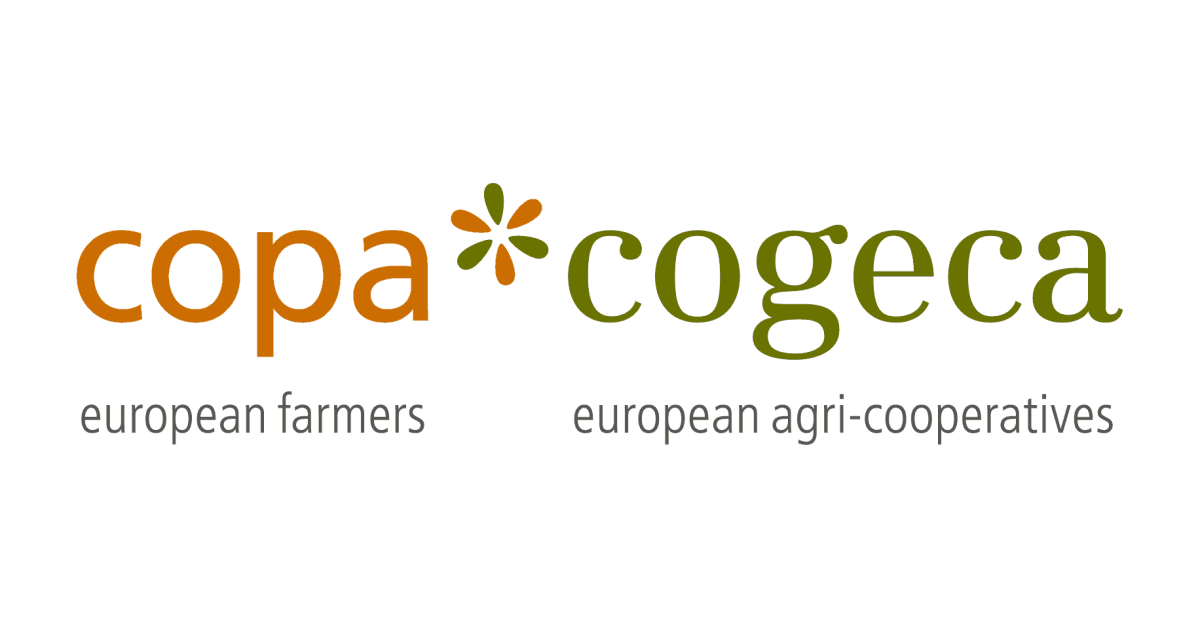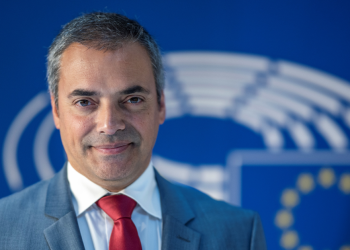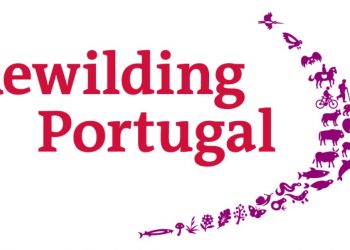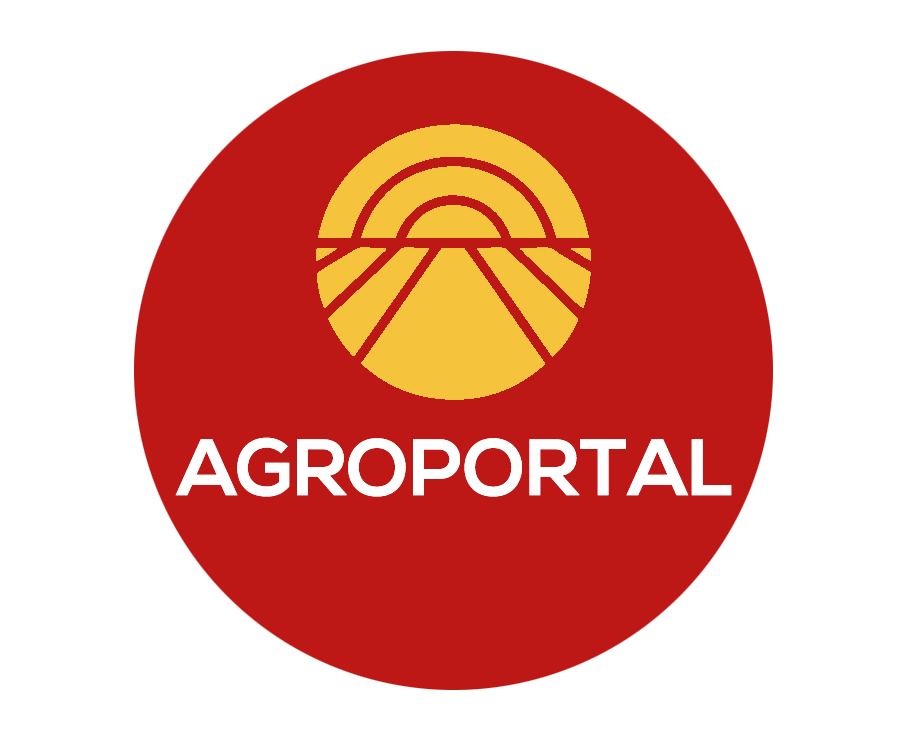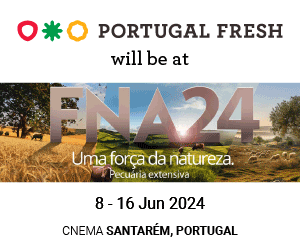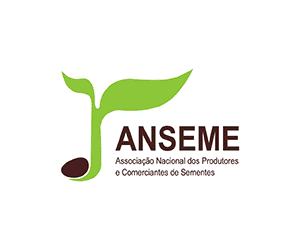Agriculture has been prominently featured in the European elections, frequently mentioned by candidates and highlighted in party manifestos. From the Farm to Fork experience, to the crises that have rocked Europe, and the significant agricultural protests earlier this year, a consensus has emerged: agriculture is one of the three pillars of the EU’s strategic autonomy, alongside energy and defence. How the EU addresses these three critical areas over the next five years will be crucial for its future.
During the previous legislature, Copa and Cogeca frequently cautioned against the Commission’s rather dismissive attitude towards agriculture. We are pleased then to see this strategic vision prevailing today. We are particularly encouraged by the renewed interest of political groups in the Chairmanship of the Agriculture Committee and the role of Commissioner for Agriculture. This being a stark contrast to the state of discussions during the same period in 2019!
If it still needs to be reiterated, European agriculture is an incredibly relevant topic at the crossroad of all major EU priorities. Whether it is food security, combating climate change and biodiversity loss, carbon sequestration, advancing the bio/circular economy, renewable energies, rural development, or our trade policy, all connect to agriculture. As if it should be reminded to the newly elected policymakers, our agricultural model, with its great diversity and resilient family farming model, is a major asset that must be imperatively strengthened.
Although our agriculture is essential and strategic, it remains fragile. The medium-term challenges it will face are existential. How can we promote the necessary climate and environmental transitions while preserving the competitiveness of our agriculture? How can we balance the circularity of our agriculture with livestock farming? How are we going to maintain our capacity to innovate in areas such as NGTs, biocontrol’s, water management and fertilisation? How will we enhance our strategic autonomy in an increasingly complex and challenging geopolitical context? Our ability to answer these questions will determine our capacity to ensure the critical need for generational renewal.
While agriculture is currently in the spotlight, a certain paradox has emerged. Despite the intentions expressed by political parties during the campaign, we have yet to see convincing and innovative political responses to the difficulties and concerns raised during the farming protests. The President of the European Commission, Ursula von der Leyen, has managed to provide short-term answers by proposing simplifications to the new CAP and by initiating an ambitious groundwork with the launch of the strategic dialogue on the future of EU agriculture. This is welcome. However, we expect further words and deeds for agriculture in the upcoming mandate!
Therefore, we will be listening closely to Ursula von der Leyen’s speech on Thursday before the newly assembled Parliamentarians in Strasbourg. We anticipate, much like her last State of the Union address in 2023, a particular focus on agricultural issues and the introduction of the first key milestones.
In our view, certain elements are essential if we are to restore a strategic vision of our agriculture. At this point, European farmers and cooperatives are seeking reassurance about certain commitments made during the campaign, particularly concerning the allocation and size of the EU budget for agriculture. We cannot expect farmers to do more while leaving them uncertain about the funding for our community goals. In this regard, it would be a missed opportunity to reduce the budgets allocated for promotion policy, as it is one of the EU’s notable success stories.
We need more policy coherence, particularly between our environmental ambitions on the internal market and our trade policy. In this respect, any push in advancing the EU-Mercosur agreement in the early stage of the mandate would send a bad signal politically. When it comes to Ukraine, while we must support its war effort, EU farmers should not be left bearing part of the burden of trade liberalisation or potential enlargement.
It is also crucial that the evaluation and simplification efforts initiated in 2024 continue, starting for instance with the highly complex and impractical deforestation regulation.
On these clear bases, and with the support of a Commissioner for Agriculture with a pivotal role in the future college, we can consider a number of new reforms to notably improve the position of farmers in the value chain (with an Unfair Trading Practices Directive 2.0) and the renewal of farming generations. We could support European strategies in key domains such as livestock, fertilisers or water. Finally, it is essential that new attention is given to agricultural cooperatives, who are key players in our transitions who have so far been overlooked in most debates and in political groups’ roadmaps!
The coming months will be crucial for converting campaign intentions into strong and concrete actions. As the 2024 harvests already seem challenging, the expectations for realisation among the entire profession are numerous!
Christiane Lambert, COPA President
Lennart Nilsson, COGECA President
Fonte: Copa Cogeca


